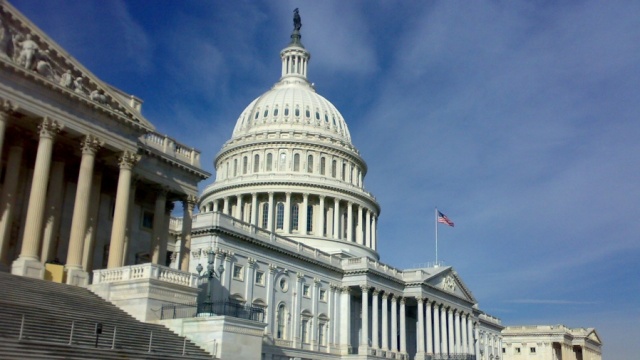SEARCH

1) Keep Pope Francis’ US visit and vision of politics front and center. The reference point for Bishop McElroy’s analysis is the long-standing social doctrine of the Church and the teachings and ministry of Pope Francis. Essentially, Catholic voters should consider “the integral development of every human person and of society as a whole.” But the Pope’s words during his visit offer a particular emphasis for a particular historical moment, and thus should always be considered in discussions about voting in the upcoming election. His addresses to Congress, the US Bishops and at Independence Hall are particularly relevant. It might sound strange, but sometimes a local church must struggle to keep the memory of a papal visit alive. Bishop McElroy is doing his part. 2) Political conversion. For Catholics, thinking about who to vote for in a federal election is not just about the candidates or even about the issues. It’s about understanding the fundamental purpose of politics so as to practice politics in a truly productive, respectful and dialogical way that promotes the common good: “The central foundation for an ethic of discipleship in voting… lies not in the embrace of any one issue or set of issues but rather in a process of spiritual and moral conversion about the very nature of politics itself.” This is a difficult process which demands a collective rethinking of the current polarizing system. We find something analogous in the Pope’s encyclical Laudato Si. Mere policies and legislation will not fix our damaged earth; conversion, that is, changing the way we think about ourselves and our relationship to the earth, is the only solution. 3) The dynamic common good. Bishop McElroy argues that a Catholic approach to voting recognizes the principle of the common good and that it is dynamic and complex. It requires a penetrating reading of the signs of the times to discern the greatest challenges facing a society and the human race as a whole. It also requires an ability to connect seemingly unrelated issues and put them into a larger gospel framework. Can we draw a line between refugees flocking to Europe and the struggle in Canada against the legalization of physician-assisted suicide? The ability to do so is a sign of healthy and faithful citizenship. 4) Dispelling misconceptions. Part of being an informed voter is understanding the complexity of the issues and of the Church’s social teachings as well. These highly technical teachings aren’t immediately and totally comprehendible in every scenario. Some Catholics simplify the Church’s teachings into categories of “yes” or “no”, but this is not an appropriate application of teaching. Bishop McElroy points to the example of an action that is “intrinsically evil,” meaning inherently evil in every situation. Some Catholics may wrongly conclude that because Euthanasia is an intrinsic evil, no Catholic can vote of a candidate who supports it. But Bishop McElroy clarifies that “voting for a candidate whose policies may advance a particular intrinsic evil is not in itself an intrinsically evil act,” meaning the voter is not necessarily culpable by the act of voting. If that were the case, no Catholic would be allowed to vote, since every candidate in this election promotes one policy or another—from abortion to war to economics—that is considered intrinsically evil. Bishop McElroy continues, “Voters will often find themselves in situations where one candidate supports an intrinsically evil position, yet the alternative realistic candidates all support even graver evils in the totality of their positions.” While this clarification does not immediately solve the voting question, it brings Catholics to a deeper, more dynamic understanding of the Church’s social and moral teachings. 5) Voting is not an end in itself. A thoughtful and realistic reflection on the current challenges facing the society and the world should lead to a determined effort to fix them all. Catholic involvement in the political and social landscape is about action and improvement, to make available to every person the possibility of living a truly full and good life. One of the things that come out in Bishop McElroy’s analysis is that voting is not the end of political and social engagement, but should prompt Catholics to a deeper appreciation for their fellow citizens and desire for building a society of justice and peace. 6) The decision is yours. In the end Bishop McElroy, like the Canadian (CCCB) and American (UCSSB) Bishops, doesn’t tell anyone who to vote for, or who not to vote for. Every Catholic must make the decision in good conscience. It’s not always easy, but the Church provides substantial guidelines, and beyond that an invitation to conversion for the betterment of each of us as individuals and for the society and human family as a whole.